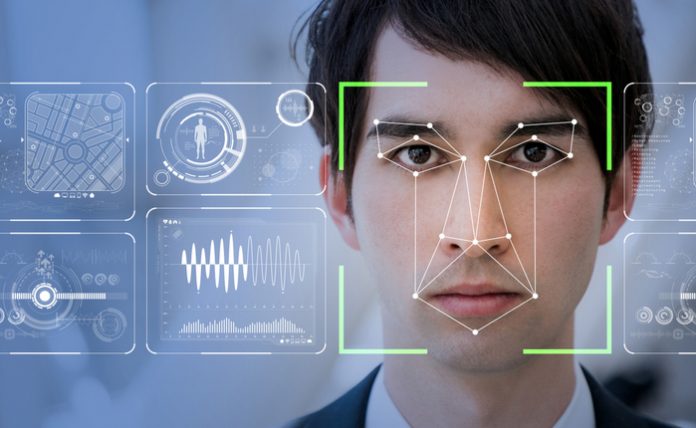Some of the findings brought to us by the tech journalists this morning indicate that some major U.S. banks are proceeding further on the path toward broader facial recognition technology – while highlighting the disclaimer that these companies are concerned about possible pushback.
It’s reasonable for early adopters of facial recognition technologies to be wary about public opinion. In past years, programs like Clearview AI’s FR systems have even been rejected by law enforcement, on the grounds that they’re too intrusive, or compromise an individual’s privacy.
Regardless, Reuters reports today that J.P. Morgan, Wells Fargo and a few other corporate entities in the banking business are exploring using facial recognition technologies for not only employees, but for customers as well.
“Widespread deployment of such visual AI tools in the heavily regulated banking sector would be a significant step toward their becoming mainstream in corporate America,” write Paresh Dave and Jeffrey Dastin, who also report that JP Morgan is “conducting a small test of video analytic technology with a handful of branches in Ohio,” and started looking at these possibilities as early as 2019.
Other parties are dead set against using facial recognition technologies in this way. The city of Portland and Rite-Aid are two examples mentioned in the article. So if you want to fill your prescription in Oregon, you’re relatively safe…but for other venues, the jury is still out.
Analysts point out that there is some precedent for facial recognition technology moving into the mainstream. But biometric face scans for smartphone owners are different than analyzing a crowd and spotting individuals’ faces. Such activity can seem draconian.
“Anybody walking into a branch expects to be recorded,” Walter Connors, chief information officer at Brannen Bank, said as a quoted source in the abovementioned Reuters coverage. “But when you’re talking about face recognition, that’s a larger conversation.”
Some of this technology may be more entrenched on the job side; industry sources report that Price Waterhouse Cooper has already begun using facial recognition technology to monitor employees who are working from home.
“The system reportedly uses employees’ webcams to log absences from their desks and forces them to give a written explanation for time spent away from their computer screens,” wrote a team at Bird and Bird. “(PwC) said in a statement that they are ‘developing … technology specifically to support the compliance environment required for traders and front office staff in financial institutions. Crucially it is designed to support those adhering to the regulations while remote working, in the least intrusive, pragmatic way.’”
Looking back through 2020 and 2019, there was quite a consensus that at least in some industries, facial recognition was a real third rail, something to be approached with utmost caution. So if you have holdings in the intersection of finance and technology, think about whether these new methods are going to catch on or fail due to their unpopularity on the street.










